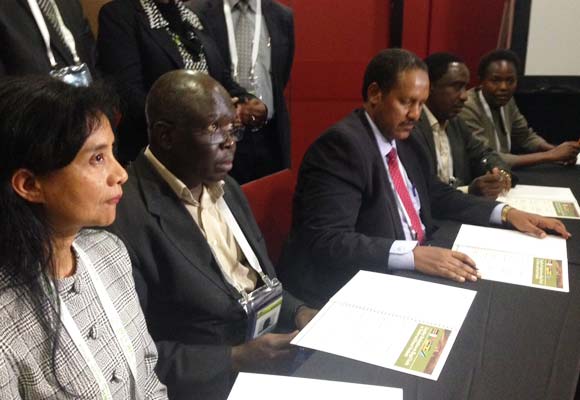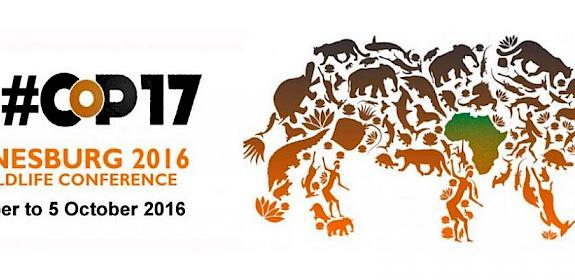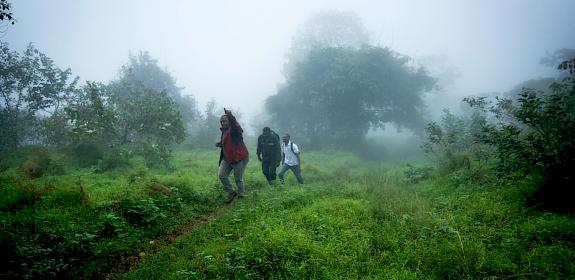Ground-breaking declaration to curb illegal timber trade in East and Southern Africa
Durban, South Africa, 9th September 2015—The national forest agencies of Kenya, Tanzania, Uganda, Madagascar and Mozambique today launched a historic declaration jointly to combat illegal timber trade in Eastern and Southern Africa, taking a significant step towards addressing this growing driver of forest loss.
The Zanzibar Declaration was launched at a side event in Durban, South Africa, at the XIV World Forestry Congress, one of the largest gatherings of world forestry leaders. The event was facilitated by TRAFFIC, WWF and the Southern African Development Community (SADC).
“The Zanzibar Declaration signals a firm commitment by the five countries concerned to curtail the illegal and unsustainable timber trade that is benefitting criminals and depleting the natural resources of the region,” said Julie Thomson, TRAFFIC’s East Africa Programme Co-ordinator.

There is growing intra-regional and inter-regional illegal trade of timber and other forest products flowing across Tanzania, Kenya, Uganda, Madagascar, Zambia, Mozambique, Malawi, as well as further towards the Western and Central Africa termed Africa’s "Green Heart."
Kenya loses roughly US$10 million per year from illegal cross-border trade between Tanzania and Kenya, according to a 2012 study by the Tanzania Natural Resource Forum and East African Wild Life Society. Tanzania loses around US$8.33 million annually from such trade, according to a similar government report. A TRAFFIC study published in 2007 estimated overall annual royalty losses from illegal timber trade in Tanzania at US$58 million during 2004 and 2005.
“WWF welcomes the Zanzibar Declaration on Illegal Trade in Timber and Other Forest Products, the first such agreement of its kind in the region. The declaration comes at a crucial time. Illegal trade in timber is expanding at an alarming rate and this new commitment by governments will greatly amplify efforts to reduce such trade at the regional level,” said Geofrey Mwanjela, WWF Coastal East Africa Initiative Head of Terrestrial Programme.
The alarming growth in illegal timber trade challenges the effectiveness of current national and regional mechanisms to control illegality.
“Current national and regional mechanisms to control illegality are hindered by inadequate collaboration among national forest agencies and Customs agencies across the region. It is for this reason that WWF is providing support to forest agencies as they make this bold step towards significantly reducing illegal trade in timber and other forest products,” said Mr Mwanjela.
Globally, between 50-90 per cent of wood is harvested or traded illegally, according to the United Nations Environment Programme (UNEP), and it is estimated to cost US$30-100 billion annually.
“Forests continue to dwindle at unprecedented rates in our region,” said Juma S. Mgoo, Tanzania Forest Service Chief Executive Officer, adding that new strategies were needed “to claw back these losses…or there will be nothing left for our children and their children to enjoy.”
Today’s announcement is the outcome of long-term negotiations involving key stakeholders in the forestry sector, national forest agencies as well as regional and international partners and civil society organizations. Over the past three years, TRAFFIC and WWF have hosted a series of East Africa Timber Trade Stakeholders’ Forums.



